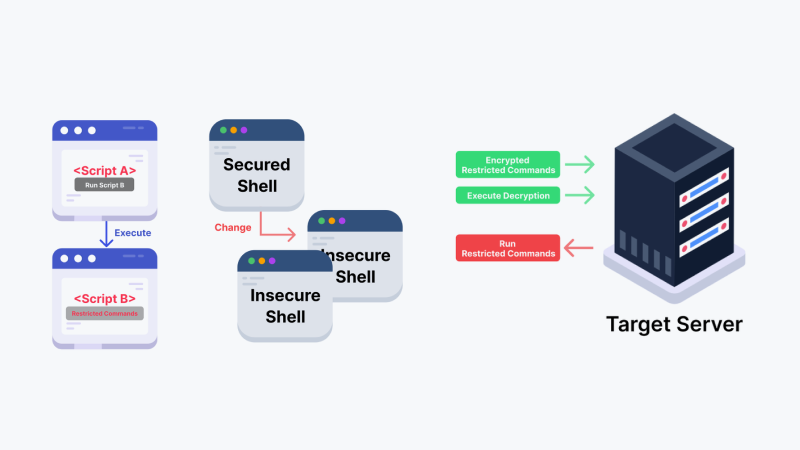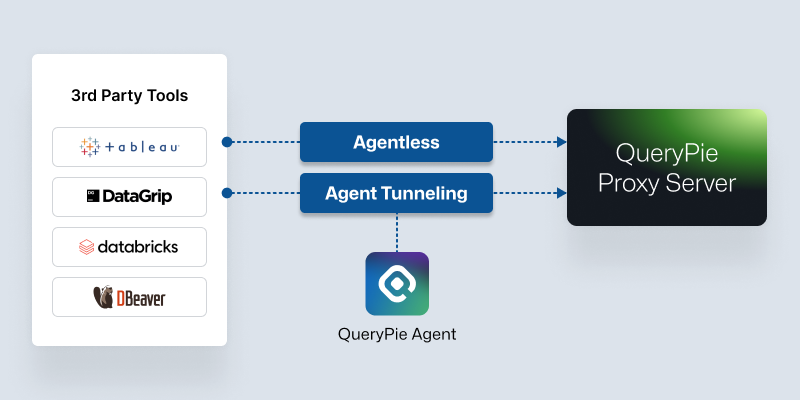
Data Leaks: How a Small Internal Breach Can Turn into a Disaster
In the digital age, personal data is a critical asset, not only for individuals but also for businesses. However, when such data is leaked, it can have a significant impact on an organization’s operations and reputation...
November 22, 2024










